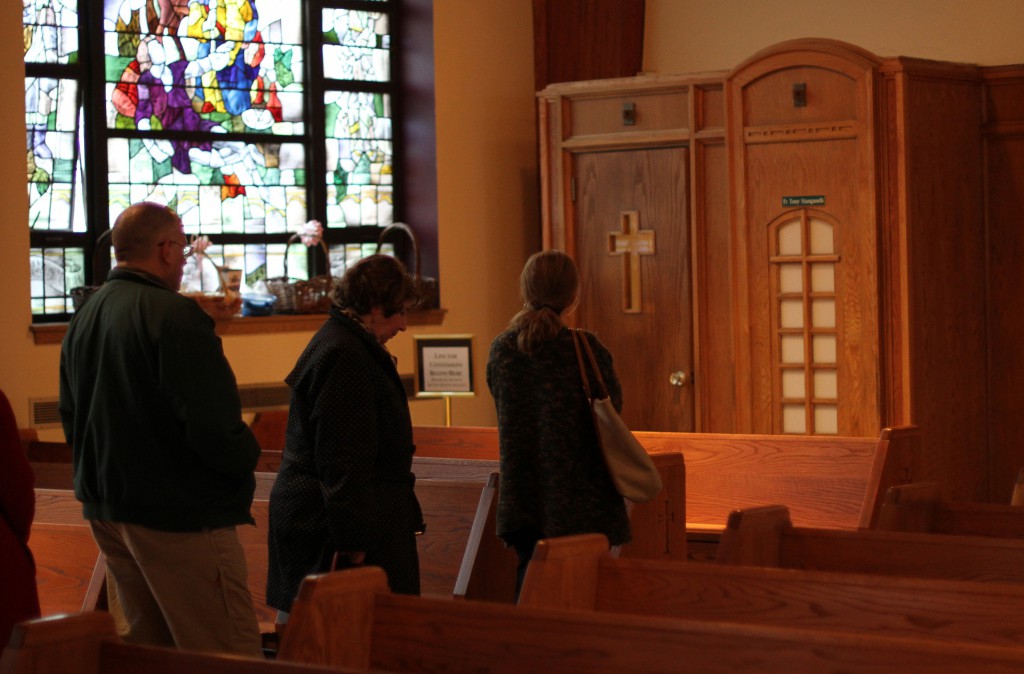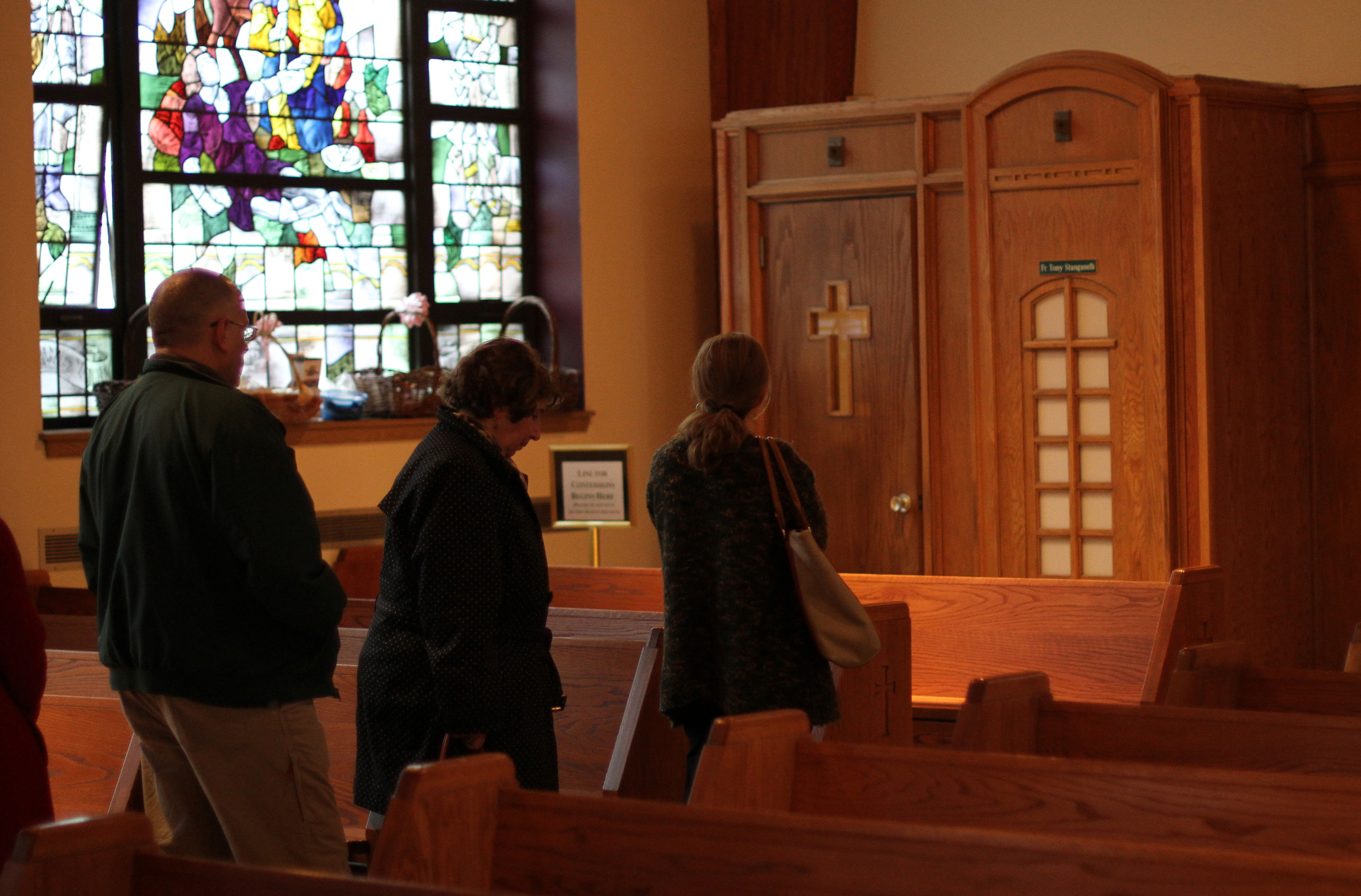
BATON ROUGE, La. (CNS) — Louisiana’s Supreme Court has ruled that a priest may be compelled to testify as to what he heard in the confessional in 2008 concerning an abuse case.
The priest, Father Jeff Bayhi, faces automatic excommunication if he breaks the seal of the confessional. But he also could face jailing if found to be in contempt of the court should he refuse to testify.
In the case, a girl who was 14 in 2008 said she told her parish priest — Father Bayhi, pastor of St. John the Baptist Parish in Zachary — in the confessional that she was abused by a now-dead lay member of the parish.
The girl’s parents sued Father Bayhi and the Diocese of Baton Rouge for failing to report the abuse. The parents won at the district court level about compelling the priest to testify, but lost in Louisiana’s First Circuit Court of Appeals, before the state’s highest court reversed and vacated the appellate court’s decision.
“As you know, one of the great sacraments of healing in the church is the sacrament of reconciliation/confession. It has given hope and comfort to all Catholics throughout the centuries and continues to do so today,” Father Bayhi said in a July 7 statement.
“The seal of confession is one that can never be broken. Through its use the faithful must always be protected, so much so, that as a priest I cannot even say someone has come to confession, let alone divulge the contents of what was revealed.”
The Baton Rouge Diocese, in its own statement July 7, said the state Supreme Court violated the Establishment Clause of the First Amendment to the U.S. Constitution in its decision.
“A foundational doctrine of the Roman Catholic Church for thousands of years mandates that the seal of confession is absolute and inviolable. Pursuant to his oath to the church, a priest is compelled never to break that seal,” the diocese said. “Neither is a priest allowed to admit that someone went to confession to him. If necessary, the priest would have to suffer a finding of contempt in a civil court and suffer imprisonment rather than violate his sacred duty and violate the seal of confession and his duty to the penitent.
“This is not a gray area in the doctrines of the Roman Catholic Church. A priest/confessor who violates the seal of confession incurs an automatic excommunication reserved for forgiveness to the Apostolic See in Vatican City.”
The diocese added, “In this case, the priest acted appropriately and would not testify about the alleged confessions. Church law does not allow either the plaintiff (penitent) or anyone else to waive the seal of confession.
“This matter cuts to the core of the Catholic faith, and for a civil court to inquire as to whether or not a factual situation establishes the sacrament of confession is a clear and unfettered violation of the Establishment Clause of the Constitution of the United States,” it continued. “This matter is of serious consequence to all religions, not just the Catholic faith. The statutes involved in this matter address ‘sacred communications’ which are confidential and are exempt from mandatory reporting.”
The diocese said, “For a civil court to impinge upon the freedom of religion is a clear violation and the matter will be taken to the highest court in the land by the church in order to protect its free exercise of religion.”







